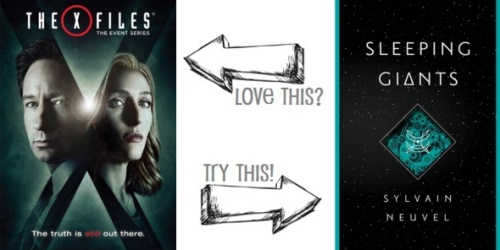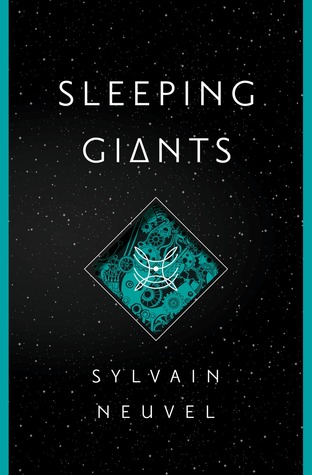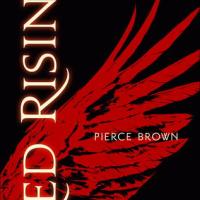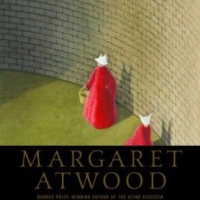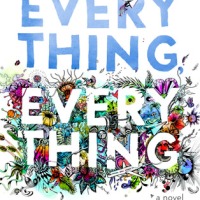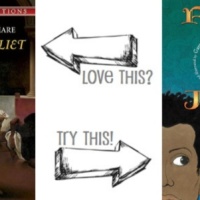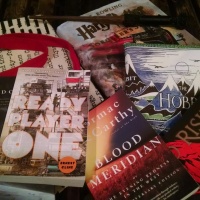That’s right, two reviews and an update; I’m jamming all my info into one post because I’m too busy-lazy, or buzy (PRONOUNCED: boo-zee – adj: the state of having so many things to do that elective pastimes fall by the wayside).
The other reason I’m jamming these two reviews together is because I don’t actually have a ton (good or bad) to say about either. The first book was on my summer reading list (I’ll have more to say about that later), so one down, and the other totally counts towards my goal of 10, so two down.
Babylon’s Ashes – James S. A. Corey
Anyone who has spent some time reading this blog (first of all, thank you! Also, wow I have a lot of asides going on in parentheses today!) will know that I’m a big fan of what some call the “space opera.” The hubs and I both got (deeper) into Scifi lit after reading The Martian years ago and that led to a rabbit hole of books about space travel, exploration, colonization, political strife, and so on and so forth. So anyway, I found the Expanse series back in 2015, started it, introduced Hubs to them, and we’ve never looked back. Book 6 of that series, Babylon’s Ashes, was the most recently published and I finally broke down and bought the hard copy [which messes up my series of paperbacks aesthetic (other volume reviews here)]. This one took me almost a month to read for two reasons: 1) it is 600 pages and 2) I’m buzy.
Now, concerning the book. As previously implied, I’m obsessed with this series. In fact, I just sent the first and second volumes off with friends this week in the hope of recruiting more geeks. So why, then, did I only give it 3 stars on Goodreads? Generally speaking, it was satisfying and it gave me some time *cough*a month*cough* with characters I consider to be old friends. However, also generally speaking, it felt like this volume was a filler. Have you ever read a volume in a series that felt as thought it was just there to connect the books before and after it? That was this book for me. A lot happened in this volume, don’t get me wrong, but nothing of the caliber of the other volumes. Giving a synopsis would either be a spoiler for those who will read the series or would be pointless for those who will not, so I won’t. The good news, though, is that this volume insinuated that big things are coming in future books (of which there will be 3, I think), so that pleases me. It was meatier than it needed to be, but it was fun to get lost in space again.
I’m Just A Person – Tig Notaro
I don’t know if I’ve mentioned on here that I love the podcast Professor Blastoff. It’s hosted by Tig Notaro, Kyle Dunnigan, and David Huntsburger, all successful comedians who have a direct line to my funny bone. In the midst of hosting that podcast, Tig had an earth-shatteringly, record-breakingly bad year, in which (no spoilers, don’t worry) she found out that she had pneumonia, which led to C-Diff, then she endured a breakup, then her mother died unexpectedly, then she was diagnosed with breast cancer. All of this she related – with great poise and often even humor – on the podcast. She did a stand-up show in which she told the crowd about her cancer but still managed to be funny, and she was later nominated for a Grammy for the recording of that show. She had an HBO special and an Amazon Original show, she’s been on all the late night shows, and she wrote a book.
As I wrote in my brief Goodreads review (gosh, I’m just a living plug for Goodreads today), I’d be curious to know for whom this memoir was written. For PB fans like myself, or just general Tig fans, none of what was in this book was news. I not only knew about her many trials and tribs of 2012, but I had already heard podcast episodes in which she related the news to her fans, still finding ways to weave in jokes about how her boobs must’ve gotten tired of her making fun of how small they were for the past 40 years, so they’re rebelling from the inside. I much prefer the podcast format, since it was raw and real; nothing had been thought out over years or filtered by 5 editors before reaching me, someone who cares about her. This memoir was more formatted as her ruminations on her childhood, her relationship with her family, especially her mother, her emotions, her “impostor-syndrome” at being called brave, and so on. I think it is meant to be more personal, in that we get to the root of her thoughts and feelings. Going back to my original question about audience, oddly enough, I think this book is perfect for anyone who is a casual fan, or even a complete stranger to Tig. Anyone dealing with death, tragedy, illness, or just plain old growing up will find value in this memoir. Tig manages to find humor in strife, and I think more people would do well to emulate that. However, being a big Tig fan, I found this book to be a watered-down version of the podcast. I knew it all already and, whereas the book makes you feel like an audience-member to her one-man-show, the podcast makes you feel like a friend in a room with a friend who is dealing with something really big. I prefer the latter. Somehow, this became a plug for Professor Blastoff.
Summer Reading Update:
So, I went to do some pre-planning yesterday with my 9th grade team and we realized we hadn’t read several of the works that were often taught at this school in 9th grade. Thus, my summer reading list has morphed slightly. I warned you all that this might happen. I must say that I’m far from excited about most of the texts, which I’m letting be a gauge for how the students will be even less excited. Off to a bad start.
I’ll show the texts below, in case someone has happy, blessed things to say about any of them, but before I do that, I’ll say that we want to tie in all the works to the theme or topic of “growing up.” We’ll definitely be reading To Kill A Mockingbird (YAY!!) and Romeo and Juliet (ugh, teen “love”), but we also need to tie in some non-fiction, short stories, articles, diversity, juvenile justice, etc. If anyone has any suggestions, they will be most welcome and appreciated!



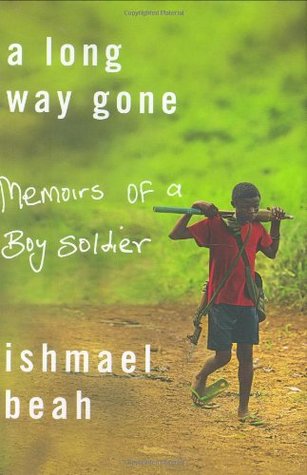
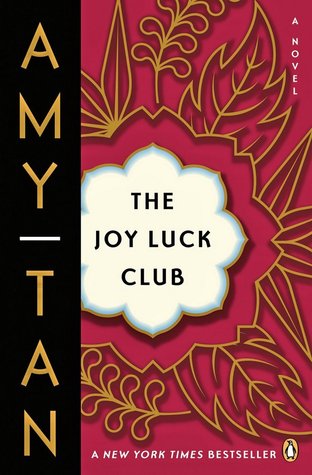



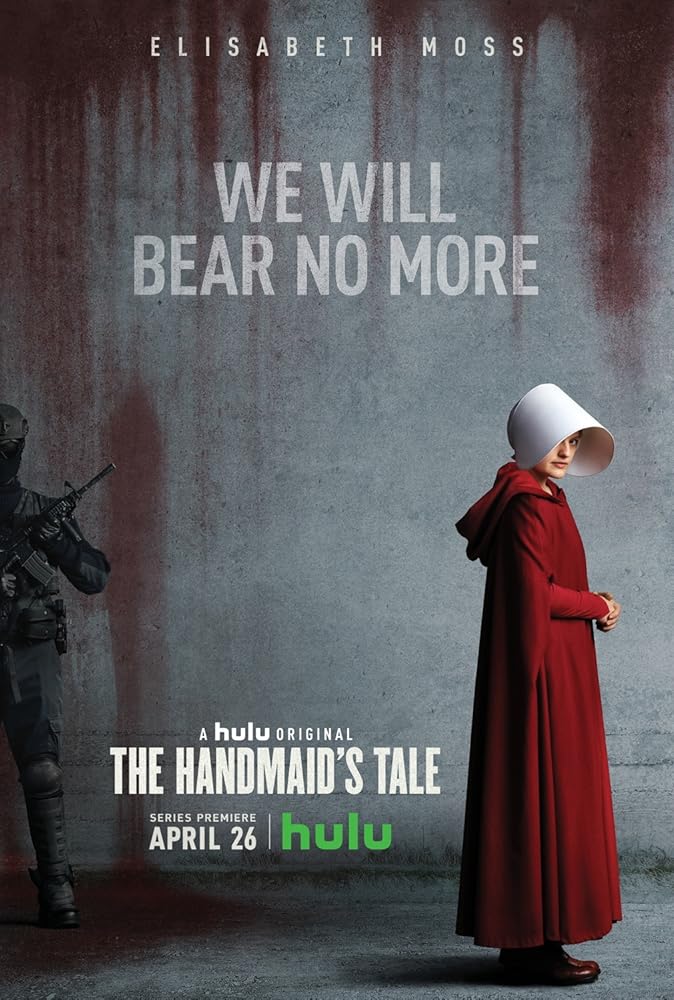
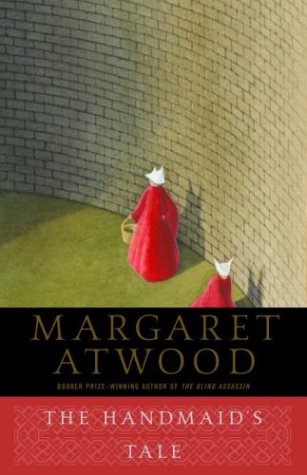
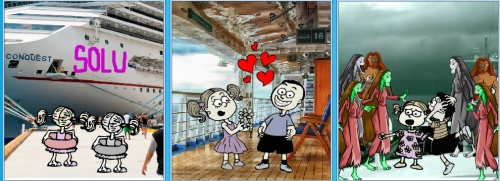
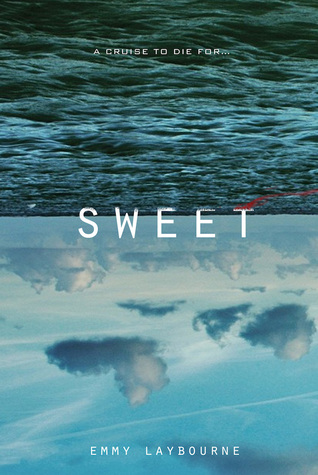 Solu’s luxurious celebrity-filled “Cruise to Lose” is billed as “the biggest cruise since the Titanic,” and if the new diet sweetener works as promised—dropping five percent of a person’s body weight in just days—it really could be the answer to the world’s obesity problem. But Laurel is starting to regret accepting her friend Viv’s invitation. She’s already completely embarrassed herself in front of celebrity host, Tom Fiorelli (otherwise known as the hottest guy ever!) and she’s too seasick to even try the sweetener. And that’s before Viv and all the other passengers start acting really strange.
Solu’s luxurious celebrity-filled “Cruise to Lose” is billed as “the biggest cruise since the Titanic,” and if the new diet sweetener works as promised—dropping five percent of a person’s body weight in just days—it really could be the answer to the world’s obesity problem. But Laurel is starting to regret accepting her friend Viv’s invitation. She’s already completely embarrassed herself in front of celebrity host, Tom Fiorelli (otherwise known as the hottest guy ever!) and she’s too seasick to even try the sweetener. And that’s before Viv and all the other passengers start acting really strange.